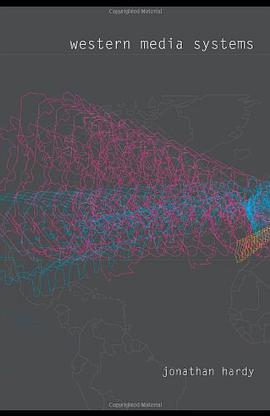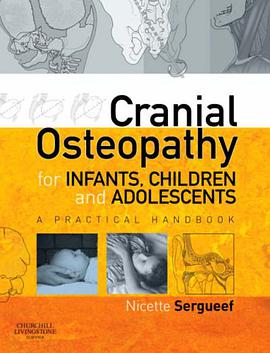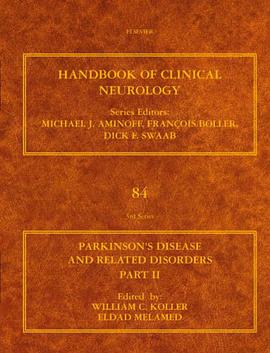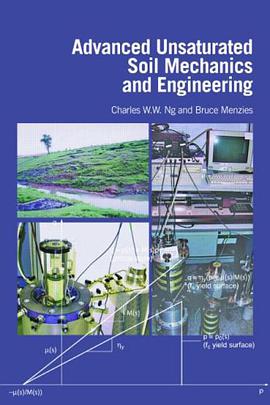

Scholars have become increasingly concerned about the impact of neo-liberalism on the field of development. Governments around the world have for some time been exposed to the forces of globalization and macro-economic reform, reflecting the power and influence of the world's principal international economic institutions and a broader commitment to the principles of neo-classical economics and free trade. Concerns have also been raised that neo-classical theory now dominates the ways in which scholars frame and ask their questions in the field of development.This book is about the ways in which ideologies shape the construction of knowledge for development. A central theme concerns the impact of neo-liberalism on contemporary development theory and research. The book's main objectives are twofold. One is to understand the ways in which neo-liberalism has framed and defined the 'meta-theoretical' aims and assumptions of what is deemed relevant, important and appropriate to the study of development. A second is to explore the theoretical and ideological terms on which an alternative to neo-classical theory may be theorized, idealized and pursued.By tracing the impact of Marxism, post modernism and liberalism on the study of development, "Arresting Development" contends that development has become increasingly fragmented in terms of the theories and methodologies it uses to understand and explain complex and contextually-specific processes of economic development and social change. Outside of neo-classical economics (and related fields of rational choice), the notion that social science can or should aim to develop general and predictive theories about development has become mired in a philosophical and political orientation that questions the ability of scholars to make universal or comparative statements about the nature of history, cultural diversity and progress.To advance the debate, a case is made that development needs to re-capture what the American sociologist Peter Evans once called the 'comparative institutional method.' At the heart of this approach is an inductive methodology that searches for commonalities and connections to broader historical trends and problems while at the same time incorporating divergent and potentially competing views about the nature of history, culture and development. This book will be of interest to scholars and students of Development, Social and Political Studies and it will also be beneficial to professionals interested in the challenge of constructing 'knowledge for development'.
具體描述
讀後感
用戶評價
相關圖書
本站所有內容均為互聯網搜索引擎提供的公開搜索信息,本站不存儲任何數據與內容,任何內容與數據均與本站無關,如有需要請聯繫相關搜索引擎包括但不限於百度,google,bing,sogou 等
© 2025 onlinetoolsland.com All Rights Reserved. 本本书屋 版权所有




















